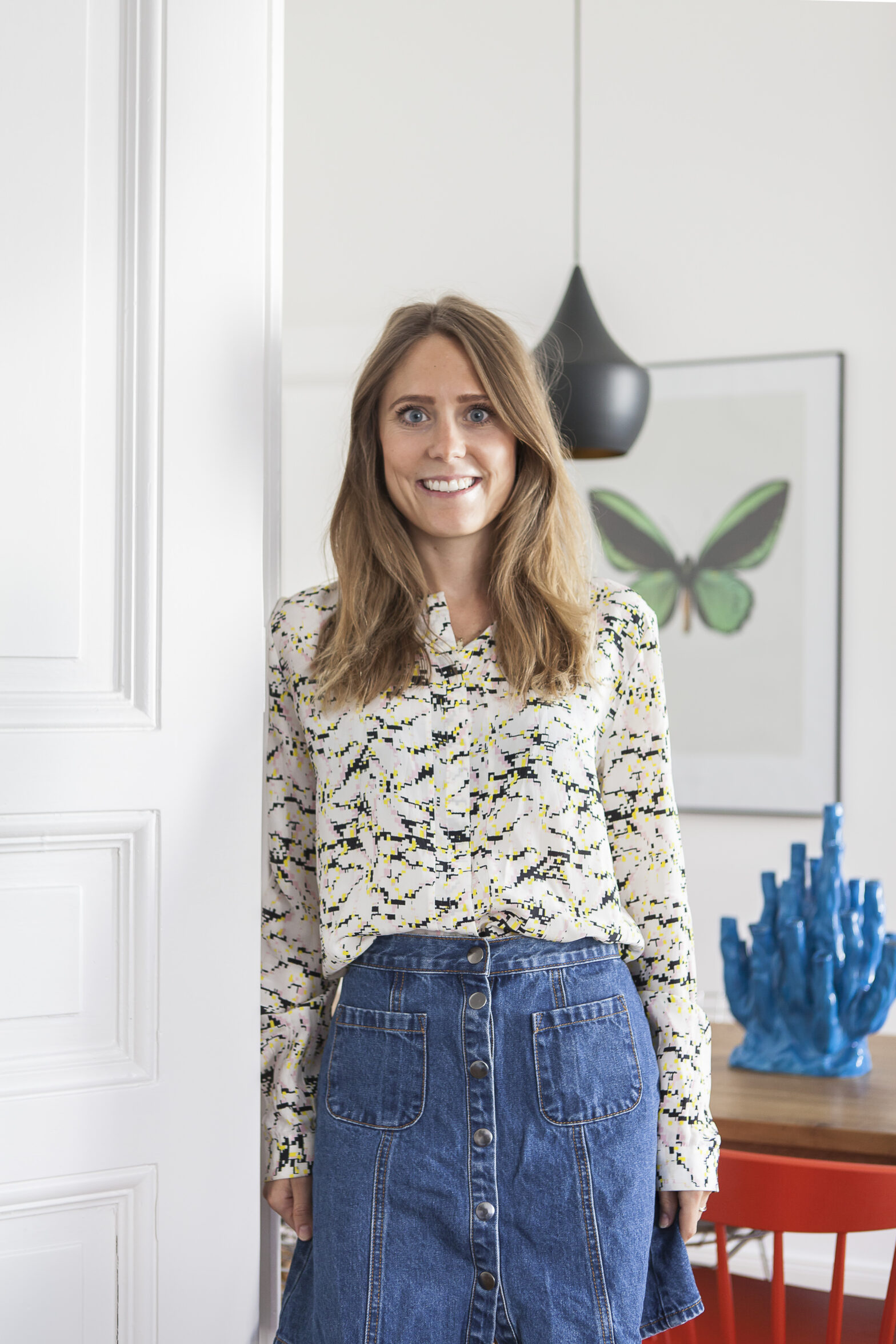Whether it be your own personal space at home, or to light up an office space, bringing art into a space is the best way to show off your personality and cultural taste and bring something new and engaging to the design. Forming out of Berlin in January 2014, JUNIQE is a rapidly growing platform that not only benefits the buyer, but also the artist. Lea Lange, one of three founders alongside Marc Pohl and Sebastian Hasebrink, spoke to us and YellBusiness about what makes JUNIQE so special.
What does your business do?
JUNIQE is helping revolutionise the European affordable art market by making art accessible to the masses while catering to the individual.
We curate exciting designs by authentic artists and inspire people to make art present in their everyday lives so that art can be owned by all.
Additionally, it has always been important to us to empower both emerging and established artists to profit from the sales of their work so they can continue to do what they do best: create art. It was important to us to create a platform that enables these wonderful, yet unknown, artists to share their talent with a larger audience.
Where did the idea for your business come from?
I have always loved art and design, decorating and styling. JUNIQE was created because, although I knew a lot about these topics, there was nowhere I knew of to buy individual and affordable artwork. With furniture and other home accessories it’s possible to buy products that vary in price, but this just wasn’t the case with art. We decided to change this, and JUNIQE therefore sells individual and affordable artwork so that everyone can enjoy art created by artists from around the world, whatever their personal style, budget or product of choice i.e wall art, cushions, shower curtains and towels.
My fellow Co-Founders (Marc Pohl and Sebastian Hasebrink) all had relevant experience through working at Fab.com, so my passion for art products came together with a concrete business concept well.
How did you know there was a market for it?
As mentioned above, we spotted a gap in the market and found consumers were limited with their options when purchasing affordable art. We wanted to create a one-stop platform where they can easily and affordably find the right print for them.
How did you raise funding, and why?
We worked with well-known investors such as Highland Europe who believed in the success of JUNIQE. We had an investment of over 14 million, which raised the venture capital to around 20 million euros. Highland Europe has been very active of late, alongside existing investors Vorwerk Ventures, High-Tech Gründerfonds, and Redalpine.
Describe your business model in brief.
Bringing exciting and affordable art into everyone’s lives. The idea behind JUNIQE is based on two trends in global society. 1. Making your house a home and moving away from mass produced products to looking for individual products to express your personality.
2. JUNIQE brings creativity to the masses and we redefine how people shop art online by offering a state-of-the-art customer experience.
Your lowest point was…
JUNIQE is very often misspelled, which is something that can be out of our hands. Additionally, at beginning when you start to pitch your business model without being able to present actual KPIs, which is an aspect investors are heavily relying on, you need a lot of passion, to believe in the idea and perseverance.
Your highest point was…
JUNIQEs first TV campaign was definitely one of my highlights. Also, the growth of our staff. We now have more than 100 people at JUNIQE and we always grew consistently, which is proof that we are on the right track. Another highlight for me is that we were approached by huge established brands to collaborate with such as Jaguar and Nivea.
What advice would you give to other entrepreneurs?
What you should definitely be aware of is that you cannot run a business on the side. You will need to put a lot of time and resources into it. Another important point is the one I just explained: don’t try to analyse all your decisions from every possible angle but be prepared to just do it and trust in your instincts to tell you the right thing to do. Whichever way it goes in the end, you will learn a lot.
Then, I think it’s important to really think through your own idea and continually work to improve it. We have never had a phase in our business when we thought we could just sit back and enjoy the ride. There is so much to do, especially at the beginning that it’s impossible to get everything done. So the question is: which issues are worth me investing my time in? You mustn’t lose your focus by doing hundreds of little jobs. As the founder, you have to learn to delegate
Where do you want to be in five years’ time?
I think we’ve hit our objectives when you can find a JUNIQE design instead of an Ikea poster in every second household.
If you weren’t an entrepreneur, you would be…
At school I thought about becoming a vet or dentist. But actually I’m not yet at the point to question what an alternative could look like…best, you ask me again in ten years.
If you could go back in time, would you do anything differently?
I don’t have any regrets. I’ve always learned from my mistakes and made something good out of it
What is your philosophy on business or life, in a nutshell?
“Einfach machen” – just do it, don’t overthink everything ten times.






